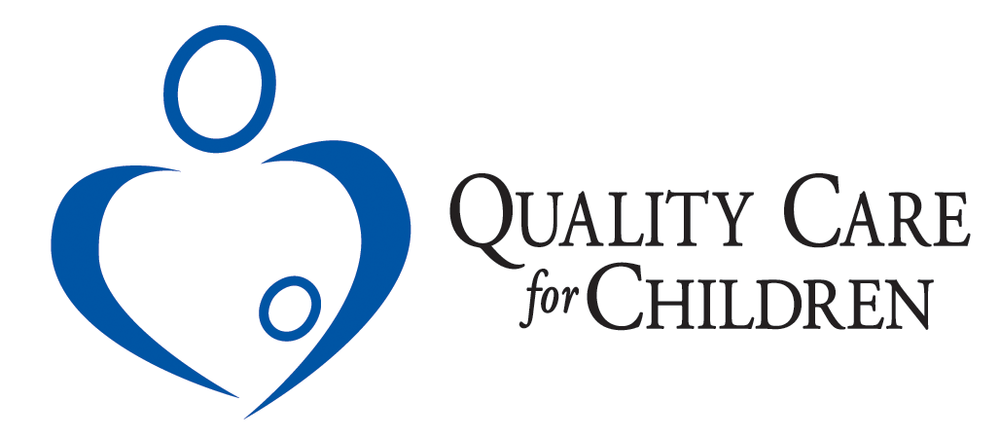By guest author, Jason B. Allen, National Director of Partnerships
for the National Parents Union (NPU)
Education in America has been under extreme scrutiny regarding national data showcasing how learning loss is deeply impacting students and reflecting that hundreds of thousands of American children are not proficient in English and Math. In these reports, we read data and hear from experts leading schools, designing curricula, teachers, practitioners, and even parents, who have expressed deep concerns about the learning loss crisis in our country.
As we all are doing our part to increase better educational outcomes for kids, I want you to take a moment and reflect on how many reports, articles, and interviews have featured grandparents and caretakers regarding the issues that we're seeing in education.
In Georgia, over 38% of grandparents, caretakers, aging guardians, seniors, and multigenerational families are raising school-aged children. Small nonprofit organizations like Lillie's Foundation for Change (LF4C) are providing social-emotional learning (SEL) based support to grandparents and caretakers that center literacy, health and wellness, and enrichment while other organizations such as Project GRANDD and Grandfamilies have other resources and services that could be beneficial.
Most importantly, I believe it's important that we center grandparents and caretakers in educational conversations. Grandparents have shared their experiences with being on fixed incomes, not being able to connect their grandchildren to academic enrichment resources, surviving displacement, and homelessness.
As a long-time educator, I have often discovered that grandfamilies are overlooked in data on homelessness and displacement of families. Many of our schools and educators don't know the process and procedures to support grandparents and caretakers with legal guardianship or temporary custody. We're serving grandparents and caretakers whose grandchildren have experienced shame, isolation, and severe emotional trauma regarding changes in their home life that impact their academic, social, and emotional development.
We must be intentional about working with and serving grandparents and caretakers in schools. Too often schools underutilize and underserve grandparents and caretakers raising school-aged children.
Technology growth and development may be a learning curve for aging guardians, grandparents, and caretakers, but school staff and educators can utilize the strengths of the grandfamily community. Some of the strengths we find in grandparents and caretakers are with SEL, helping connect literacy basics and foundational skills, support with one-on-one learning concepts for math, and most importantly, the development of soft skills.
Many grandparents and caretakers feel invisible and underutilized within their schools. Our SEL coalition and kinship care work with Georgia grandparents, caretakers, aging guardians and seniors with the National Parents Union (NPL) is helping this community to connect to resources, support, and advocacy groups working for them.
Supporting grandparents in our community begins with seeing them as a valued resource and partner in our work.
………………………………………….
To learn more about the vital role grandparents as primary caregivers play for young children, visit QCC’s “Bridging Generations: Grandparents as Primary Caregivers to Children.” This webinar aims to shed light on the unique challenges and rewards faced by grandparents in this role, offering valuable insights, resources, and support to empower them on this enriching journey.
Please see these additional organizations for resources in Georgia supporting grandparents raising grandchildren:

